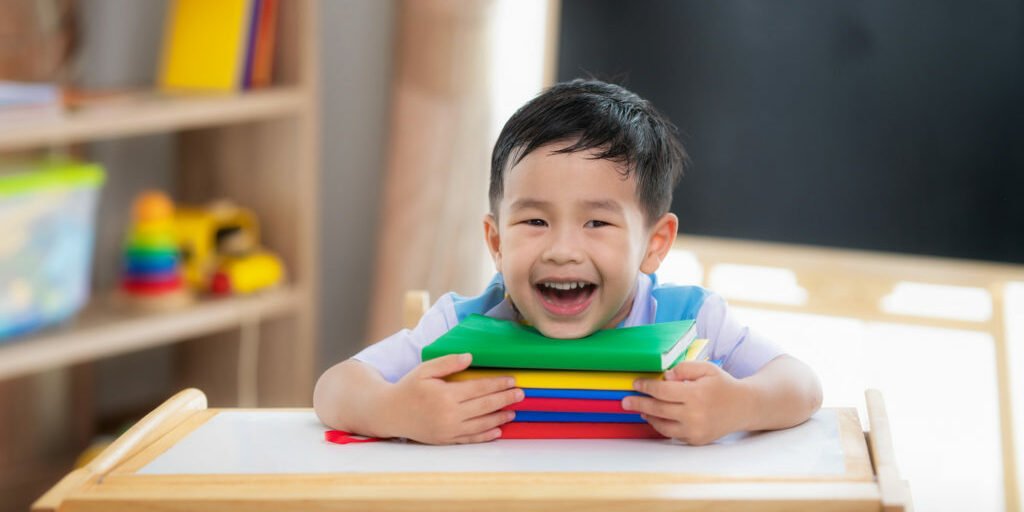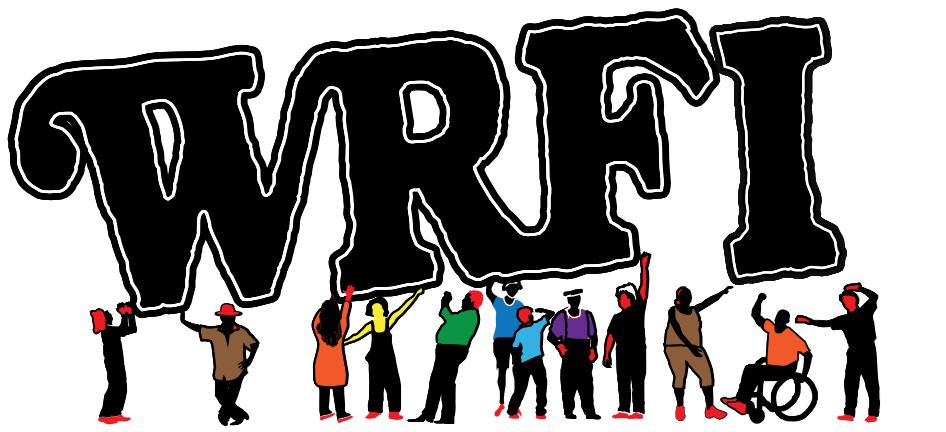Report: Federal Support Vital to NY Families’ Economic Recovery

ALBANY, NY (PNS) -- New York is among the top 10 U.S. states for health among children, and the bottom ten for families' overall economic wellbeing. Groups that advocate for kids say recovering from the pandemic will require more help for their families.
The new Kids Count Data Book from the Annie E. Casey Foundation explores how children fared between the Great Recession and COVID-19 crisis, and offers recommendations for a stronger and more equitable recovery.
Leslie Boissiere, vice president of external affairs for the Foundation, said child well-being trends nationwide worsened as a result of the pandemic.
"Many of the trends around health insurance, around housing, around economic security overall were getting worse for families," Boissiere reported. "Families were losing jobs; as a result of losing jobs, families didn't have access to health care. Many, many kids reported that they didn't have enough food to eat on a regular basis."
Rates of New York kids living in poverty improved only slightly before the pandemic, from 21% in 2010 to 18% in 2019. Boissiere emphasized children who grow up in poverty have worse health outcomes, and thinks the expanded Child Tax Credit under the American Rescue Plan should be made permanent.
Boissiere added extending the Child Tax Credit permanently would deliver the financial support families need, and reduce long-standing disparities affecting millions of families of color.
"It's expected to raise as many as half of children who are currently living below the poverty line to living above the poverty line," Boissiere explained.
This year's expansion increases the tax credit from $2,000 a year to $3,000 per child age 6 to 17, and $3,600 per child under age 6, as early as next month.
Cate Teuten Bohn, director of New York Kids Count, agreed the tax credit will help bolster economic wellbeing. She cited Census surveys that revealed even though the economy is recovering, too many New York households still face issues like food insecurity.
"Still in early 2021, almost one in five families with children in New York sometimes [or] often did not have enough food to eat, based on those survey results," Teuten Bohn emphasized.
She added the state's recovery also includes stabilizing the childcare sector, noting six times more women than men cited "caring for kids not in school or daycare" as the main reason for not working.
